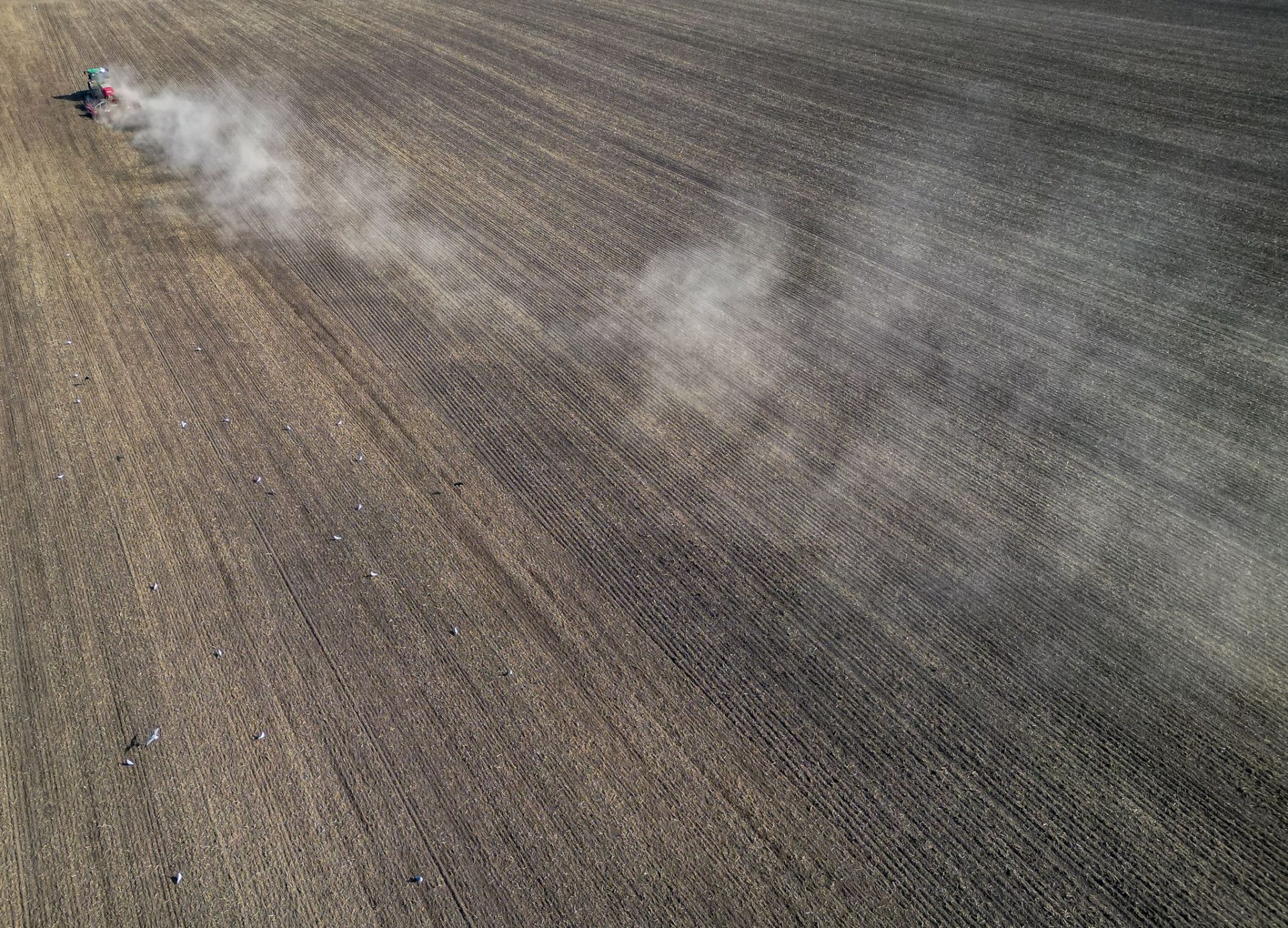
Windy Jeníkov (Jihlava region) – In less than two weeks, new anti-erosion protection regulations will be implemented in the Czech Republic, though the European Commission (EC) has yet to determine whether to approve the revised proposals from the Ministry of Agriculture. Rather than enforcing mandatory farming practices, the new approach emphasizes motivation, as stated by Minister of Agriculture Marek Výborný (KDU-ČSL) during a meeting of the Agricultural Union of the Czech Republic in Windy Jeníkov. He expressed optimism that the EC would accept the more lenient regulations following further revisions. While farmers generally support the new framework, some at the meeting expressed uncertainty about the conditions they need to prepare for, which Výborný acknowledged was unfair to them.
The DZES 5 standard, which governs farming on erosion-prone land, is scheduled to take effect on July 1, amid continued approval of the original, stricter regulations. The final decision from the EC regarding the acceptance of the revised, more flexible conditions for the Czech Republic is still pending.
Výborný noted that the delay in implementing the anti-erosion protection system was due to the excessively stringent initial decree that imposed complicated farming conditions. As a result, the Ministry has extended the compliance deadline by two years and has constructed a system allowing farmers to choose appropriate practices to mitigate soil loss from erosion events.
Nevertheless, the European Commission rejected the revised framework, critiquing the Czech Republic for insufficient oversight within the system. “We had to modify the approach to incorporate some level of control. We also streamlined the system,” said Výborný. Unofficial sources indicate that the newly revised system is expected to gain EC approval.
According to the erosion monitoring portal, the Czech Republic experienced 509 erosion events last year, more than double the amount in 2023. Environmentalists have attributed the rising erosion rates to extreme rainfall, landscape susceptibility, and inadequate anti-erosion measures. They have argued that erosion inflicts damage worth billions of crowns and have criticized the ministry for delaying the enforcement of anti-erosion guidelines, which were initially set to begin last year. (June 19)













Leave a Reply